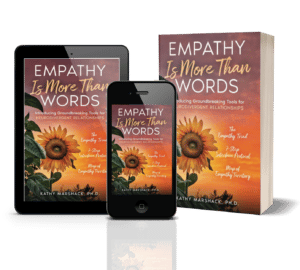
Nagging doesn’t work. And you won’t be there when they go off to college or move away from home. Just as you’ve created a Behavioral Plan that you shared with the teacher when they started school, it’s important to create another plan for slowly handing over ADHD med management to your teen.
One of the most important things you can do for your ADHD child is to help them become more aware of how their bodies react with AND without ADHD medication. If they see that the benefits of taking ADHD medication far outweighs the side effects, they’ll be more likely to keep taking it when they’re on their own.
The process of turning over Med Management to your teen will take some time and careful attention on your part. Make sure your teen knows these seven vital things about managing their own ADHD meds:
1. Understand that ADHD is a real medical condition. Just as an asthmatic must use an inhaler regularly, so it’s important to keep a constant supply of ADHD meds so they can do the work that the ADHD brain can’t.
2. Develop greater self awareness. Understand how ADHD affects them personally. Help them discern what feelings, behaviors and actions they can control without medication; and help them identify why they need medication to control other feelings, behaviors and actions.
3. Practice conversational skills. They need to have the confidence to speak openly about their condition with their physician, teachers and future employers.
4. Know the medication. Know the name, the right dose and dosage schedule, as well as, what it does to help alleviate the symptoms of ADHD.
5. Develop a system for regularly taking and reordering medication. Since they can’t rely on their own brains, help them find visual and auditory reminders that work. A pillbox at the breakfast table, a Smartphone alarm or medication reminder app may be helpful.
6. Continue learning life skills. ADHD creates skill gaps. Enlist the assistance of a mental health professional who can help with time management, self-care, and balanced living skills. They can also address emotional challenges or substance abuse problems, if they arise.
7. Prepare what to say when someone, even a friend, wants to buy or take one of their pills. It’s illegal to share medications. Practice possible scenarios, so they can confidently say “no”, without making an issue out of it.
Medication is only part of the treatment for ADHD. Behavioral therapy, emotional counseling and practical support are also needed. If you’d like help in developing a personalized ADHD Medicine Management Plan for your child, and you live near Portland, OR/Vancouver, WA please contact my Jantzen Beach office and schedule an appointment. I also offer online therapy if that works best for your busy schedule.



